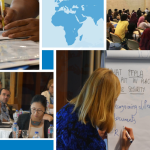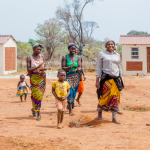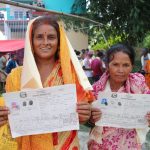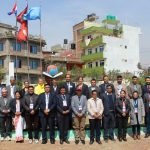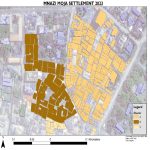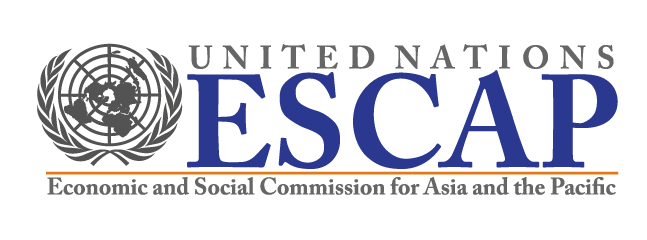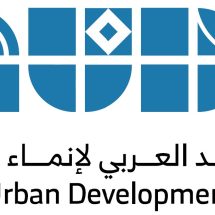The United Nations Economic and Social Commission for Asia and the Pacific (ESCAP) is the regional development arm of the United Nations for the Asia-Pacific region. Made up of 53 Member States and 9 Associate Members, with a geographical scope that stretches from Turkey in the west to the Pacific island nation of Kiribati in the east, and from the Russian Federation in the north to New Zealand in the south, the region is home to 4.1 billion people, or two thirds of the world’s population. This makes ESCAP the most comprehensive of the United Nations five regional commissions, and the largest United Nations body serving the Asia-Pacific.
Established in 1947 in Shanghai, China, as the Economic Commission for Asia and the Far East (ECAFE) to assist in post-war economic reconstruction, the United Nations Economic and Social Commission for Asia and the Pacific (ESCAP) moved its headquarters to Bangkok in January 1949. The name was changed in 1974 to reflect both the economic and social aspects of development and the geographic location of its member countries.
ESCAP works to overcome some of the region’s greatest challenges by providing results oriented projects, technical assistance and capacity building to member States in the following areas:
- Macroeconomic Policy, Poverty Reduction and Financing for Development
- Trade and Investment
- Transport
- Environment and Development
- Information and Communications Technology and Disaster Risk Reduction
- Social Development
- Statistics
- Subregional activities for development
- Energy


